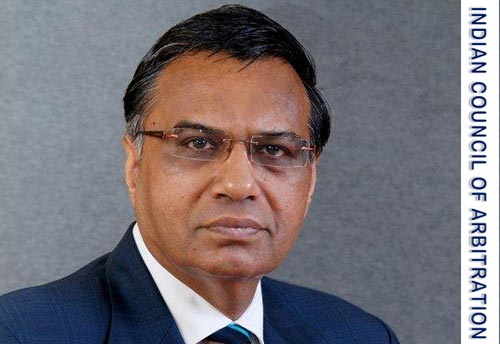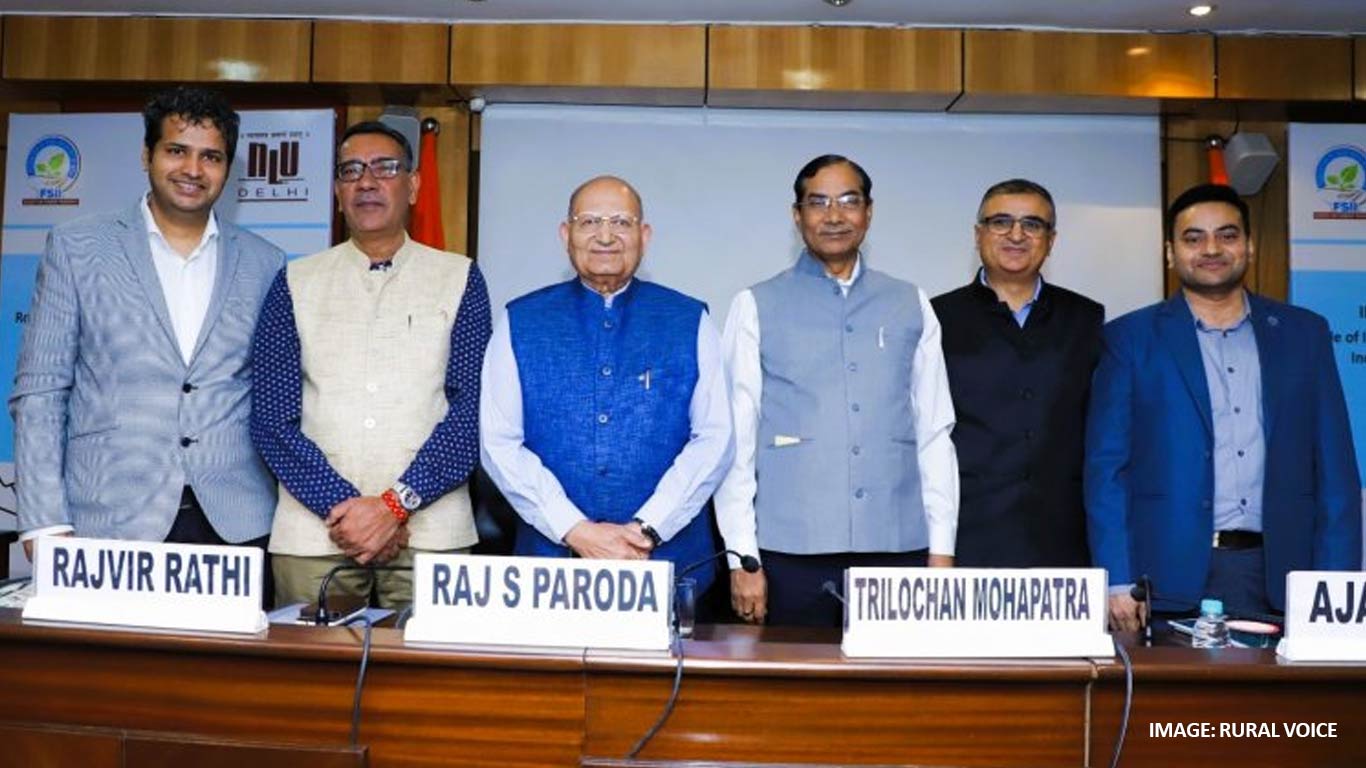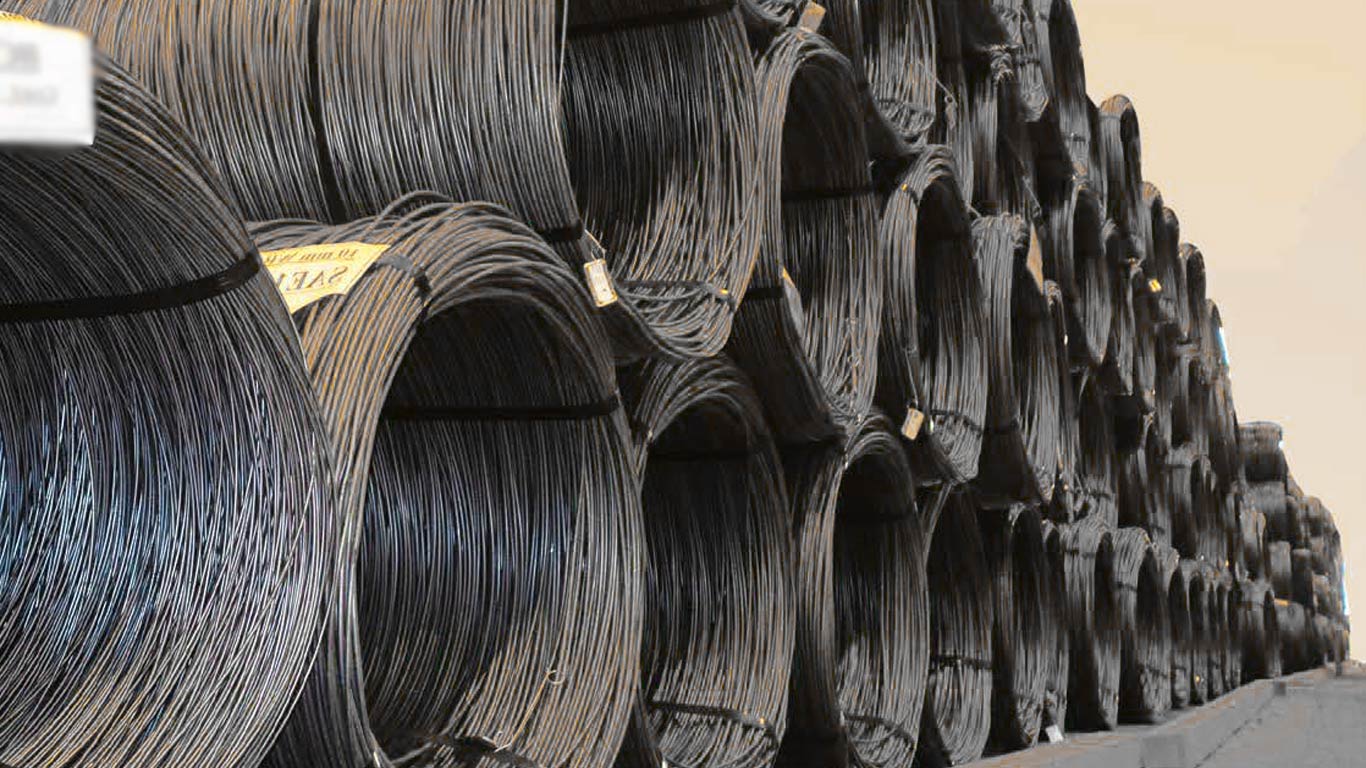A Paradigm shift in the mindset required to turn ad hoc arbitration to institutional arbitration: ICA Chief
Updated: Jul 15, 2016 07:07:53am

A Paradigm shift in the mindset required to turn ad hoc arbitration to institutional arbitration: ICA Chief
New Delhi, 15 July (KNN) With the view to promote ease of doing business in India there needs to be speedy settlement of commercial disputes. Any delay in the disposal of such cases hurts MSMEs the most if at all they are involved in them. It increases the cost and thus adversely impacts development outcomes of commercial projects.
As the Arbitrator’s fee (for each arbitrator) is fixed separately with regard to the amount in dispute including determined interest in each case.
A Senior Lawyer with the High Court told KNN that such a delay that defeats the purpose of Arbitral Tribunal. The entire purpose of setting up the Arbitral Tribunal was for early disposal of the disputes but it takes so much time that the parties are resisting from approaching them.
In this regard N.G. Khaitan, President, Indian Council of Arbitration (ICA) in his interview with KNN stressed on mature and efficacious arbitration regime and building up a successful arbitration resolution process.
1. What is the present status of arbitration regime in India? Is it treated as an autonomous mechanism?
Ans: In India, almost 90% of the disputes at present are resolved through ad hoc arbitration whereas in most part of the World the arbitration is conducted through institutional arbitration. The arbitration can only succeed if we promote institutional arbitration. This is what we are doing in ICA to promote institutional arbitration. The arbitration scenario in India if not robust at present but is very encouraging. The Civil Procedure Code provides for settlement of disputes through arbitration. Even the Legal Service Authority Act also calls upon the courts where the disputes are pending to refer the disputes to a mediation cell known as ‘Lok Adalat’. The Companies Act 1913 also provides for conciliation and mediation for settlement of disputes. I see a bright future for resolution of disputes through the medium of arbitration in India.
2. What are the specific amendments proposed by ICA in the Arbitration Act to boost investors’ confidence in India?
Ans: I am happy to state that several suggestions proposed by ICA were accepted by the Law Commission and in fact the Law Commission in its report has praised the contribution of ICA. Since quite some time we have been pleading to allow foreign lawyers to appear in international proceedings in India which has now been accepted by the Bar Council of India and this will also promote the dream of the Prime Minister to make India a hub of international arbitration.
3. Recently one of the Judges in a seminar on ‘International arbitration in India: Changes & Challenges’, pointed out that court proceedings “interfere” in the effective functioning or the consensus reached through arbitration. What is your take on this?
Ans: The court proceedings per se do not interfere with the functioning or the consensus reached through arbitration. In fact, if the agreement provides for settlement of disputes through arbitration, then such disputes can only be resolved through the medium of arbitration. The court only interferes when awards are challenged. Further, the scope of challenge of award is also now on very limited grounds. However, ICA still wants further dilution of section 34 of the Arbitration Act. In the various seminars held by ICA recently, the senior functionaries of the government of India have also accepted the fact that the court should not look the award as a decree from the first court and should only interfere with the award in case of extreme necessity.
4. How much monetary loss due to delayed proceedings is accounted for by parties like SMEs (Small and Medium Enterprises)involved in disputes , since they can hardly afford the huge increase in expenses due to such a delay?
Ans: For me it is not possible to give you the details of the monetary loss as no such figure is available with regard to the SMEs, but there is no doubt that if there is a delay in implementation of the award, loss the claimant suffers, be it a small scale or a large enterprise, is immense. The new arbitration law takes care of delay which now provides that in case the award is challenged, then sufficient security has to be provided and also the challenge to the award must be disposed of within a period of one year.
5. What is your take on the lawyers treating arbitration as a part time activity rather than making it a full time profession?
Ans: ICA has taken a view that lawyers should take arbitration not as a part time profession but as a full time professional activity. Now a time limit has been framed to give an award within a period of one year. The lawyers taking arbitration will now have no choice but to take it as a full time profession.
6. What steps could be taken to counter problems hindering successful arbitration in India?
Ans: With the amendments to the Arbitration Act, arbitration now has a bright future in India. In fact in the recently concluded seminar and workshop almost all the participants were of the view that the future of arbitration is very positive in India. On the purchasing power parity, India is 3rd largest economy in the World. With the globalisation and well developed law, strong judiciary, brilliant lawyers, I see no reason why arbitration will not succeed in India. The only issue of concern is that the judiciary which so far has been promoting ad hoc arbitration should now give preference to institutional arbitration.
Thus, the arbitration can only succeed if institutional arbitration is promoted to an extent that it replaces the ad hoc arbitration as is seen internationally. Such a shift is sure to encourage the effective resolution of disputes through the medium of arbitration in India. (KNN/ GK)











